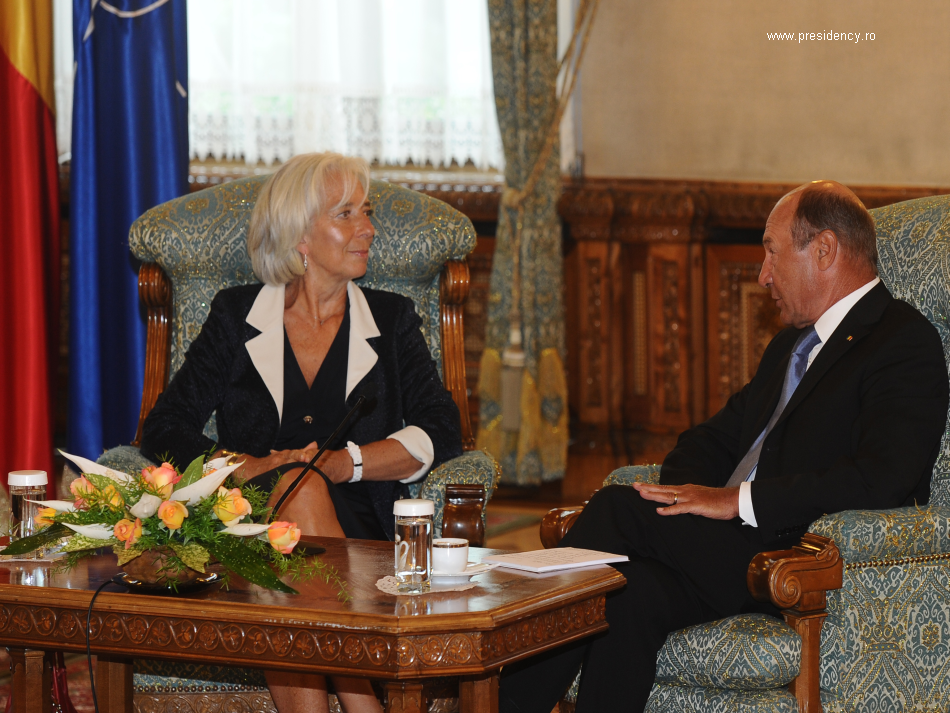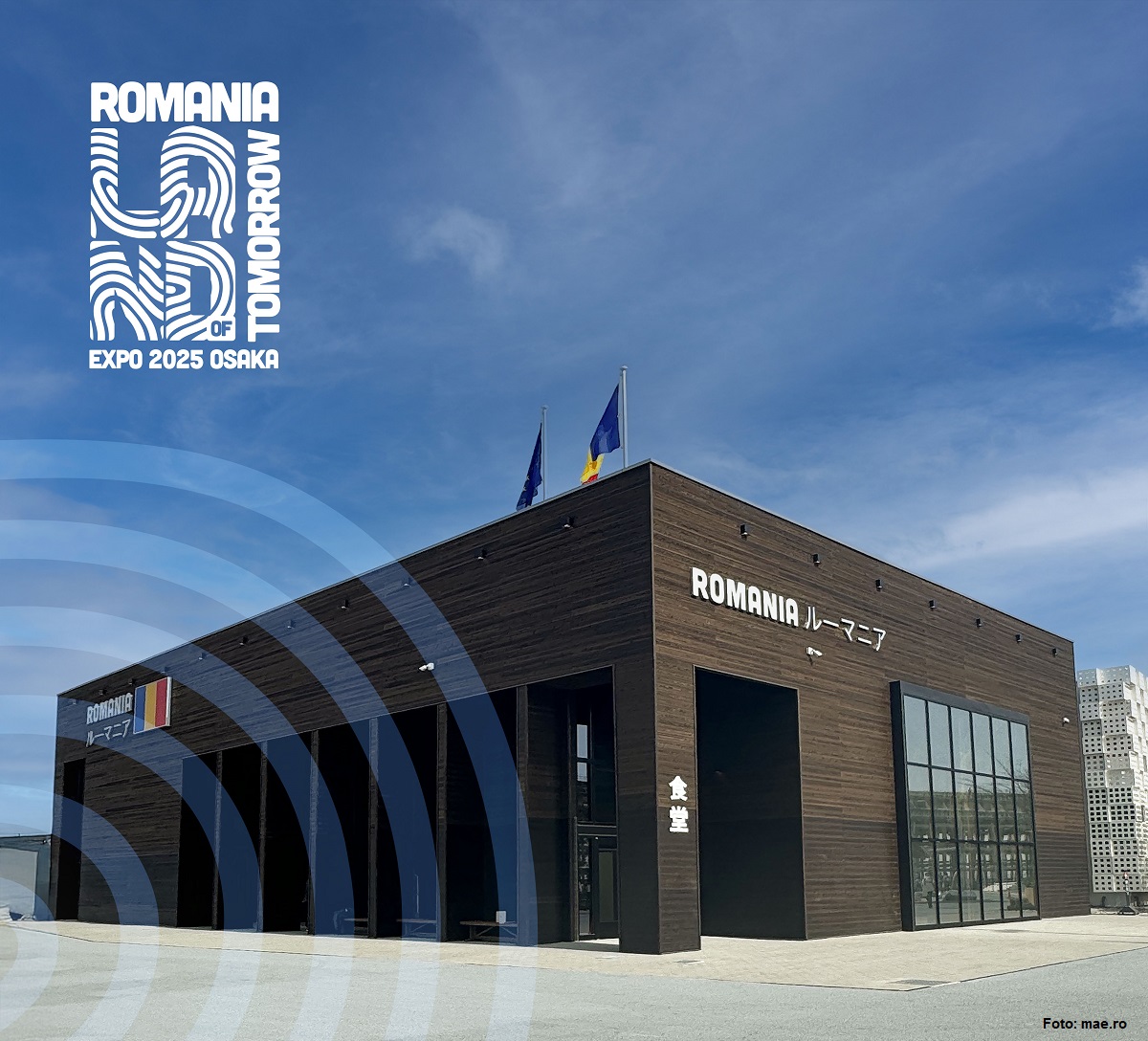Romania to sign a new agreement with the International Monetary Fund
Monetary Fund, European Commission and European Central Bank experts travel to Bucharest to negotiate a new 2-year precautionary agreement with Romania, following last months completion of a similar accord.

România Internațional, 17.07.2013, 12:19
Starting on Wednesday, the Romanian authorities are negotiating a new precautionary arrangement with a joint International Monetary Fund, European Commission and European Central Bank delegation. The foreign experts will be having talks with representatives of political parties, trade unions, the business community, banks and civil society. Talks will focus on recent economic developments and the priorities of the reform process.
The latest economic programme agreed with Romania’s foreign lenders came to a successful end in June, despite the fact that Romania benefited from derogation over a number of unfilled requirements. One of the areas where delays are still reported is the restructuring of state-owned companies, an area which will most likely remain a key element of the future agreement, according to the IMF chief Christine Lagarde.
On her first visit to Romania since taking office, Christine Lagarde met the president and prime minister and gave a talk at the National Bank of Romania. She hailed the considerable progress made by Romania in the fiscal, healthcare and energy sectors for the duration of the last two agreements with the Fund, but emphasised that structural reforms must go ahead. Christine Lagarde said significant fiscal consolidation has been achieved and a number of key structural reforms have been made, but there is still a lot more work to be done in the field of state-owned companies, which are not as productive as they could be.
The IMF chief said the Fund’s next precautionary agreement with Romania would target two areas: budget consolidation and structural reform. In her opinion, Romania has an extraordinary human capital, valuable energy resources which have not yet been exploited and the possibility to access European funds, which it should be used better and more efficiently. Ms Lagarde also said that exports, domestic demand and investments are the three driving engines of Romania’s economic growth.
Last month, Bucharest successfully finalised a 3.5 billion euro precautionary deal with the International Monetary without having to use any of the available funds. This deal followed a stand-by agreement of 13 billion euros signed in 2009 and finalised in 2011.






























